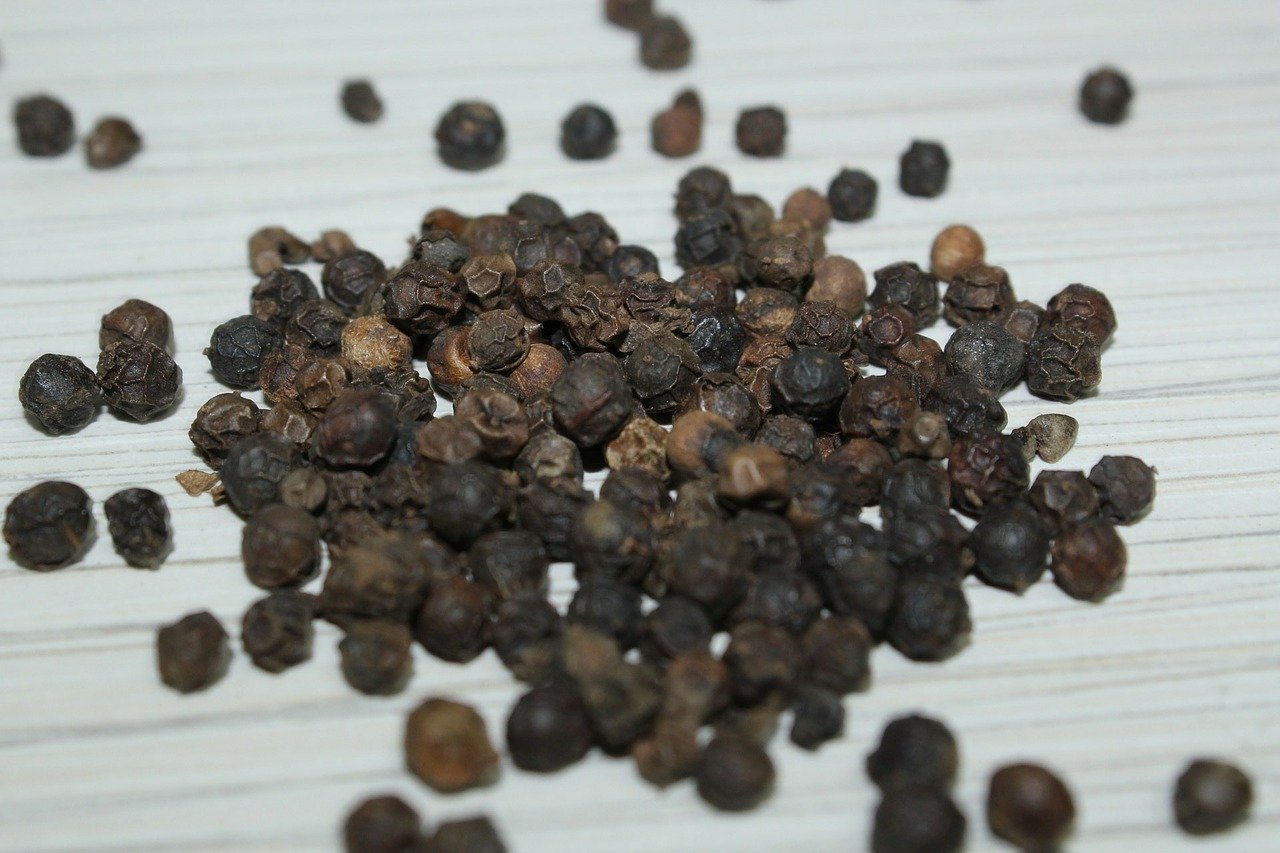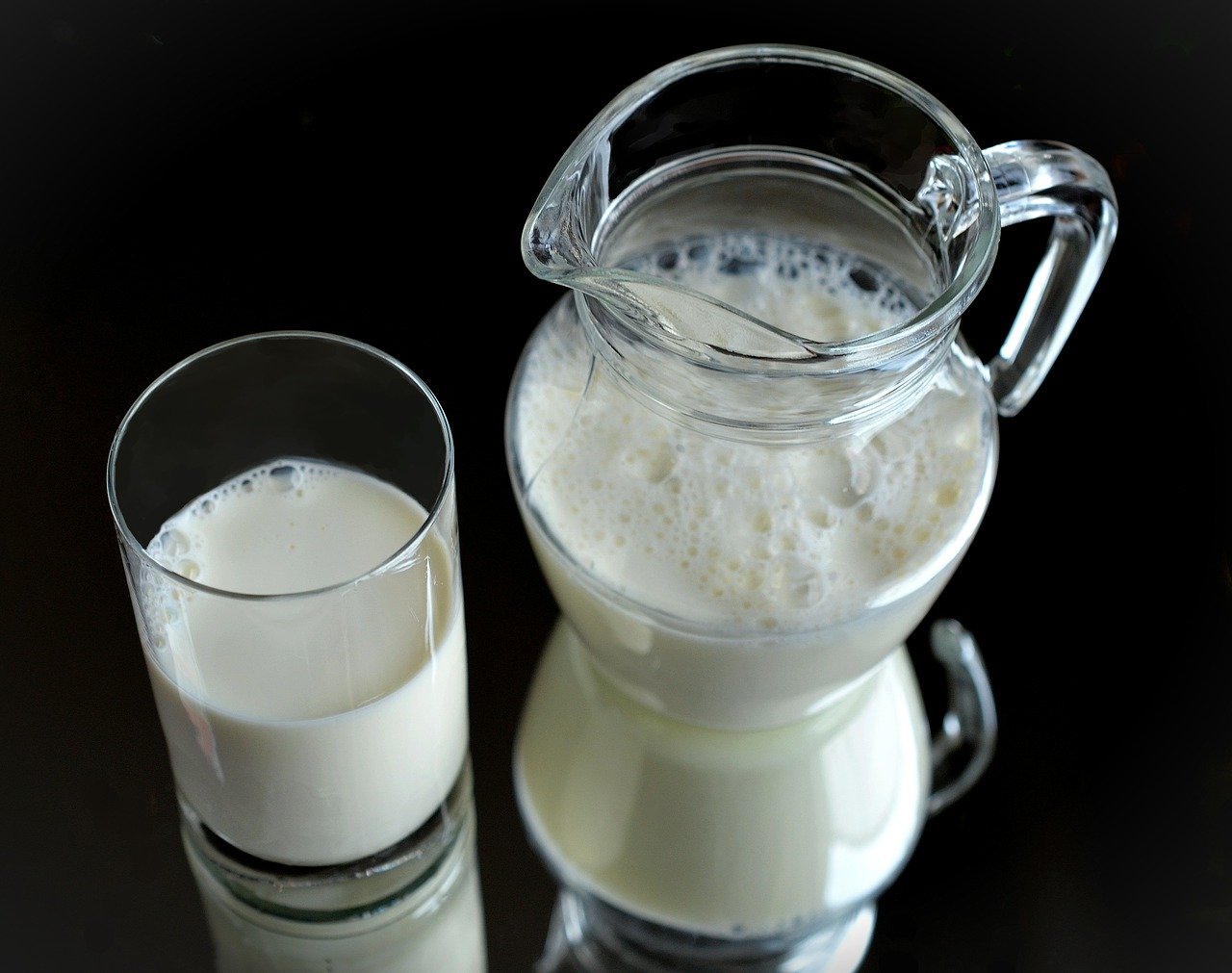In February 2019 researchers from Mauritius, India, South Africa and Turkey published their review on the medicinal aspects of black pepper (Piper nigrum L.). India was seen to have the … Read more
An adequate milk consumption at various stages of life helps in the prevention/control of various chronic medical conditions
In May 2019 researchers from Spain published their review of the medical scientific literature to assess the impact of dairy intake on health and all-cause mortality, and on the prevention … Read more
A high estimated night-time exposure to outdoor artificial light in the blue-enriched light spectrum increases the risk of breast and prostate cancer
In April 2018 researchers from Spain, Canada and UK assessed the association between artificial light at night during sleeping time with risk of breast and prostate cancer in Spanish individuals. … Read more
Eating late at night, which leads to disruption of the circadian rhythm, may increase the risk of cancer at various sites
In November 2018 researchers from France published the results of their study to assess the association between number of eating episodes, night-time fasting duration, time of first and last eating … Read more
A long interval between last meal and sleep is associated with a reduced risk of breast and prostate cancer
In November 2018 researchers from Spain published the results of their study to assess whether the timing of meals is associated with breast and prostate cancer risk taking into account … Read more
Fewer sexual partners, an older age at time of first intercourse, and moderate ejaculation frequency appears to be associated with a significantly decreased risk of prostate cancer
In September 2018 researchers from China published their review of the medical scientific literature to assess the association between number of female sexual partners, age at first intercourse, ejaculation frequency … Read more
Smoking is associated with aggressive tumour features and a worse prostate cancer-related outcome whereas exercise appears to reduce prostate cancer risk and improve cancer-related outcomes
In March 2018 researchers from Germany, Italy, Spain, UK, The Netherlands, Austria and Turkey published their review of the medical scientific literature to assess the the impact of smoking, sexual … Read more
Tomatoes may play a role in prostate cancer prevention and prognosis
In March 2019 researchers from the USA published their overview of the rationale for dietary interventions to reduce prostate cancer risk and progression. Recent findings have further reinforced the association … Read more
A higher intake of plant-based products along with a lower intake of animal products may reduce the risk of digestive and lung cancers
In November 2018 researchers from France published the results of their study to assess the association between a plant-based dietary score and cancer risk. A higher plant-based dietary score reflects … Read more
Red meat appears to increase the risk of breast cancer but not prostate cancer
In January 2018 researchers from France published the results of their study to assess the association between red and processed meat consumption and risk of breast and prostate cancer. 61,476 … Read more
Individuals who exercise more following the diagnosis of non-metastatic prostate cancer have a lower risk of dying from prostate cancer
In December 2017 researchers from the USA assessed the effect of physical activity on risk of dying from prostate cancer in individuals diagnosed with prostate cancer. 7,328 men who had … Read more











